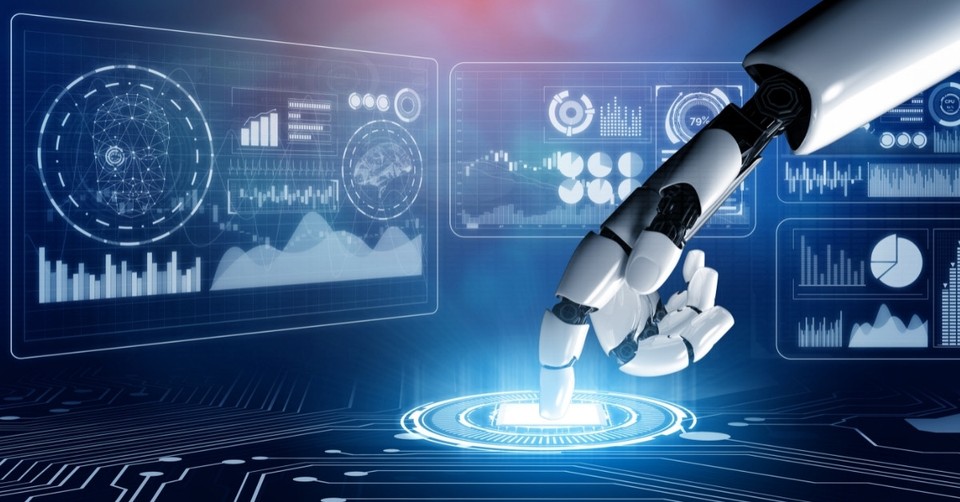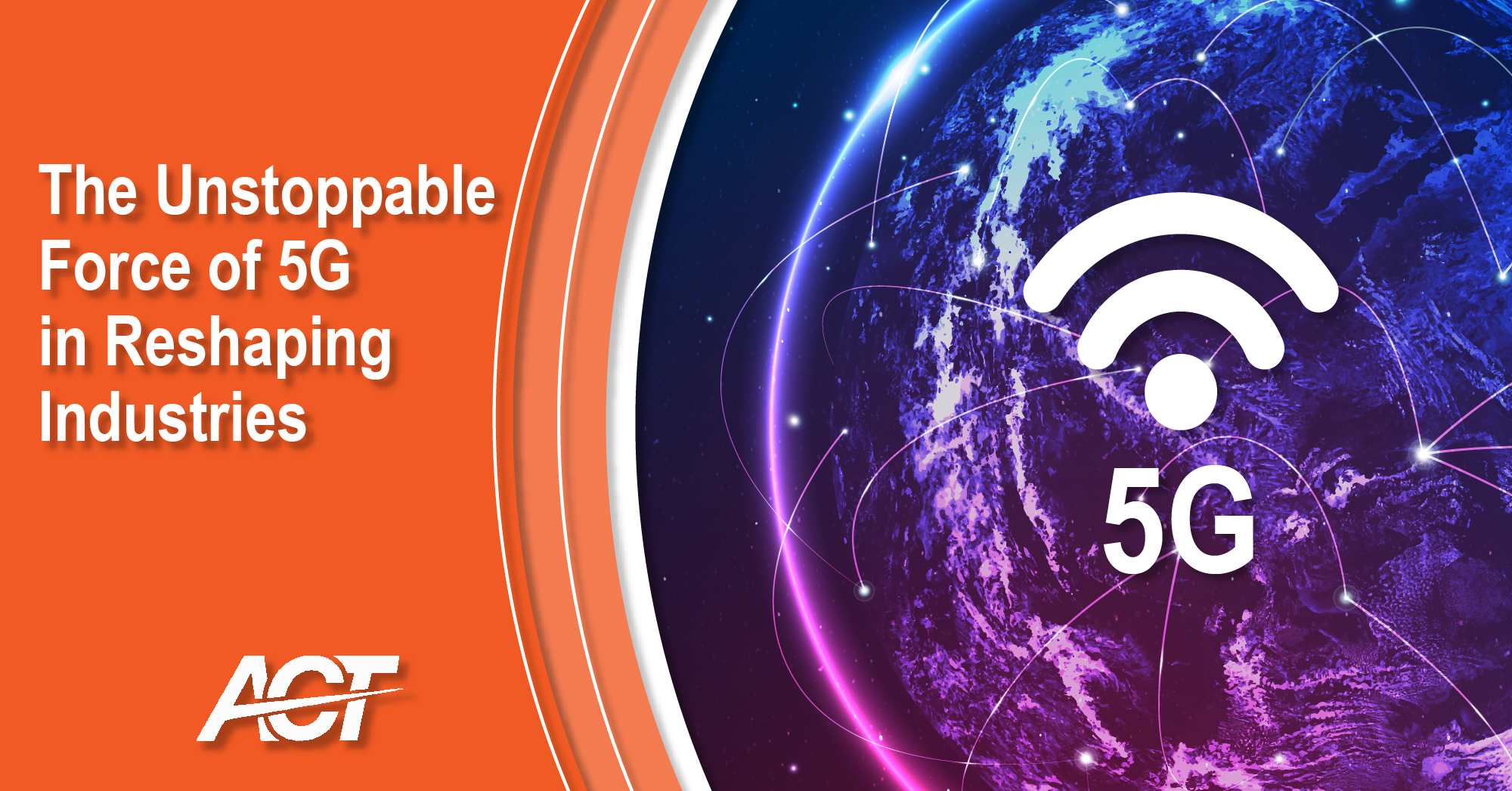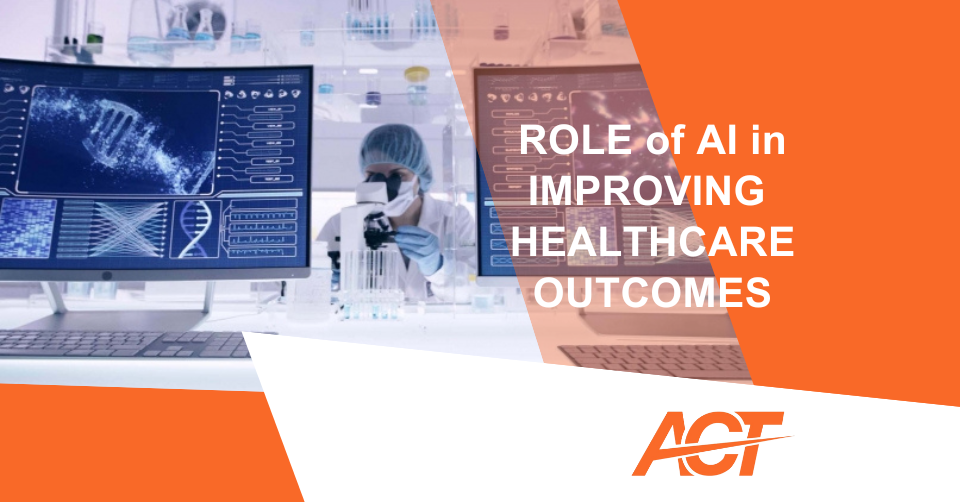- About
- Solutions
- Business Applications
- Digital Transformation Solutions
- Information Technology Systems
- Data Center Solutions
- Extra Low Voltage Systems
- Structured Cabling Systems
- View All Solutions
- News & Events
- Careers
- Contact Us
english عربيnavigationBlog
June 15, 2022
Artificial Intelligence Technology
What is Artificial Intelligence Technology?
The phrase "artificial intelligence technology" was coined in 1956 by John McCarthy, who defined it as "the science and engineering of making intelligent machines." Today, the phrase "artificial intelligence" is used as shorthand to refer to computer programs that can perform tasks that would take humans a long time or be impossible for them to do. The definition of artificial intelligence technology is the theory and development of computer systems able to perform tasks that normally require human intelligence, such as visual perception, speech recognition, decision-making, and translation between languages.
AI is a branch of computer science that studies the design and construction of intelligent machines. It is related to the study of natural intelligence in that it aims to create machines that behave in ways similar to humans. AI research covers a broad range of topics, including computer vision, natural language processing, decision theory, machine learning, and strategy. The focus of the study is to design intelligent machines that behave in ways similar to humans.

Types of Artificial Intelligence Technology and Its Benefits and Dangers
Some of the types of AI technology that we will be discussing are reactive machines, limited memory, theory of mind, and self-awareness.
Reactive machines are a type of artificial intelligence technology that can predict and solve problems without any prior knowledge or programming. They can also learn from their mistakes and refine their solutions to improve their performance.
Limited memory is a type of AI technology that has a limited number of memory cells or storage units. These cells store information in such a way that they can retrieve it quickly when needed.
Theory of mind is the ability of an artificial intelligence system to understand the thoughts and feelings of other entities in order to make decisions based on those thoughts and feelings.
Self-awareness is the ability of an artificial intelligence system to understand its own thoughts and feelings in order to make its own decisions and judgments.
What are the Benefits of Artificial Intelligence?
There are so many benefits of artificial intelligence, and the list is growing every day. AI can help us with our everyday tasks and make them more efficient. It can also help us make better decisions by giving us data that we otherwise wouldn’t have had access to. One of the most obvious benefits is that AI can do things for you that you don’t have time for or don’t want to do. It can analyze data, read documents, and answer questions that you would rather not deal with yourself. And it does all this without ever getting tired or needing a break! Another benefit of AI is its ability to learn from mistakes. This means that when an AI system makes a judgment call, it will take into account how accurate its decision was in the past. If it was inaccurate, it will learn from that to make better decisions in the future. Many other benefits of artificial intelligence are too numerous to list.
By using AI, businesses will be able to see exactly how much profit they are making from each customer. Assisting with marketing and advertising: It is predicted that by 2025, there will be a rise in artificial intelligence-based AI marketing in the form of machine learning and deep learning. This will allow businesses to have a much better understanding of what their customers need and want. The point is this: AI has the ability to positively impact our lives in a way that no other technology has before.
What are the Dangers of Artificial Intelligence?
The dangers of AI are not new. There have been many discussions about how technology will be used in the future and how it may affect our lives. From privacy violations to market volatility, there is a lot to think about when it comes to this new technology. Privacy violation: The problem of privacy violations is one that has been discussed for decades now, with many experts suggesting that these violations are inevitable in the age of AI and machine learning. Deepfakes: Deepfakes is an example of one such violation, where a person's face is superimposed on someone else's body in a video or photograph without their consent. Market volatility: Market volatility is another danger that has been discussed for years now, with experts claiming that this could lead to significant changes in the way people begin to react to accidents and previous events.
As we are developing more and more AI, it is still not clear how we should go about it. We need to make sure that we don't create any robots that can harm us in any way.
Are there Alternatives to AI Technology?
There are many alternatives to AI technology. One of the most popular is called "human-in-the-loop." This is where humans and AI work together to come up with results.
Another alternative to AI technology is called "human-on-a-loop." This is where humans are given a set of instructions that they follow in order to come up with a result.
ACT is amongst the first true believers of artificial intelligence technology in Egypt. This remains to be our manifesto for progression and the essence of our strategy. We exist to unleash possibilities to our customers through technology solutions and services. We support you to unlock the power of data with Cloud, Edge, AI, and IoT to improve software and systems engineering and advance your digital transformation.
Check out our digital transformation solutions.
related news
Blog
01 December 2023
5G Technology: Transforming the ICT Industry and Beyond.
5G technology has a revolutionary impact on the ICT industry and beyond. Its impact can be seen in various areas, including mobile broadband, fixed wireless access (FWA), the Internet of Things (IoT), cloud computing, edge computing, and different industries. Let's delve into the details of its impact.
read full articleBlog
03 November 2023
The New Era of the F&B Industry
Digital technologies have undeniably revolutionized the Food and Beverage (F&B) industry, reshaping the way businesses operate and interact with customers.
read full articleBlog
26 October 2023
Green IT
Green IT has emerged as a critical imperative for businesses and organizations worldwide in an era of rapid technological advancement.
read full articleBlog
12 October 2023
How Hotel Mobile Check-In Improving Guest Experiences
hotel mobile check-in stands out as a remarkable transformation that streamlines the check-in process, empowers guests with greater control.
read full articleBlog
10 October 2023
Leveraging Artificial Intelligence for Better Healthcare Outcomes
Integrating AI technologies in the healthcare sector holds immense promise for improving patient outcomes.
read full article